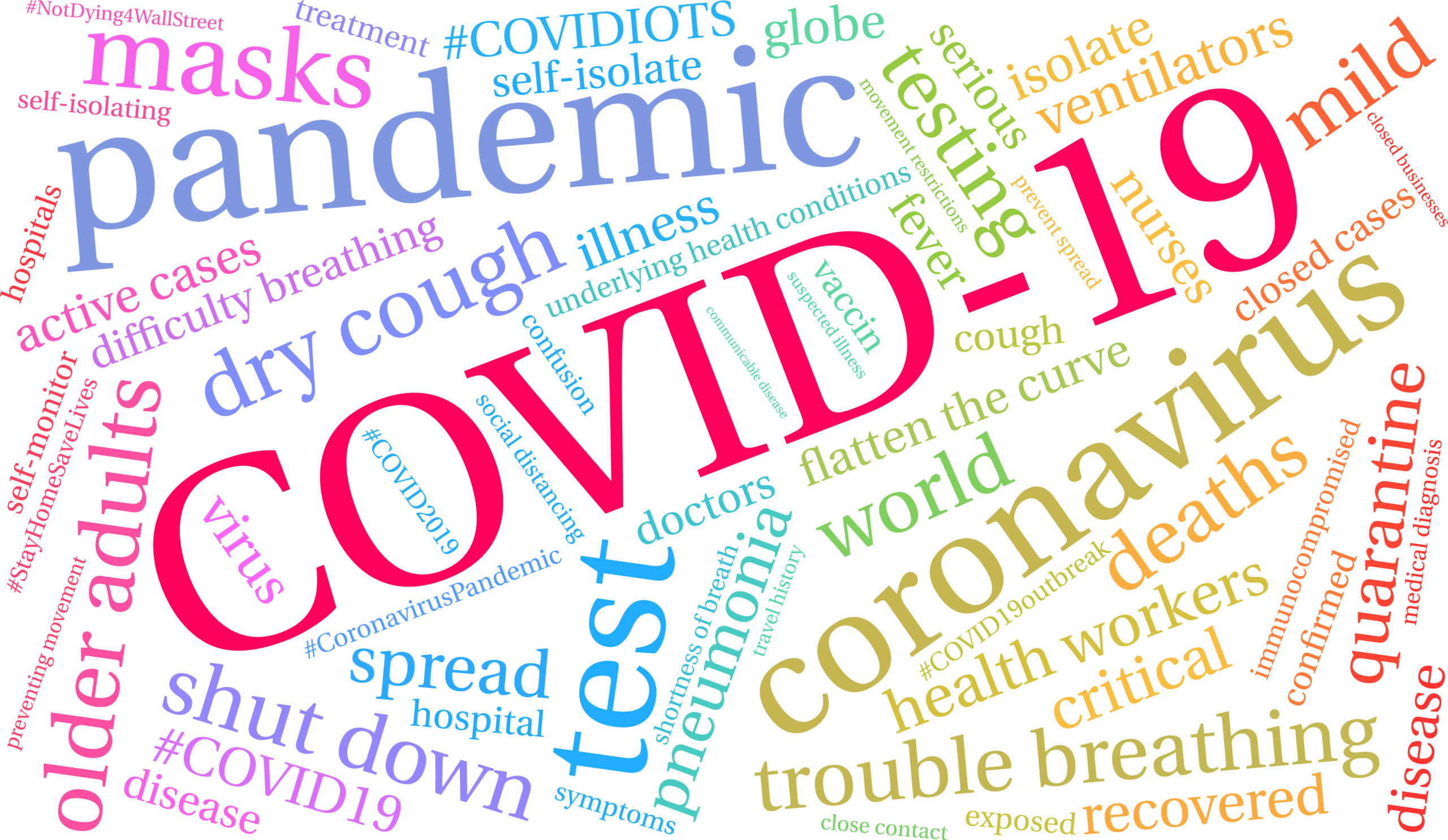
21 Nov Coping With Covid-19 Anxiety As Public Spaces Gradually Open Up
Two years ago, we couldn’t have imagined how our world and lives look today. Now, emerging from a global pandemic, it is difficult to imagine life as it used to be. Covid-19 lockdowns have had various mental health implications for populations across the globe. We all prayed for life to go back to “normal” as we were forced to stay indoors. It did ensure our physical safety from the deadly disease, and working from the comfort of our homes appeared to be a welcome change for a bit. With time, isolation brought a sense of fear and anxiety. Many people were also stuck in cramped spaces, had no source of income, and were trapped in toxic relationships with their abusers. Overall, the world desperately counted days for the world to open up. Finally, it looks like we can see a tangible end to the severity of the pandemic and public spaces are gradually opening up.
On the internet, everyone seems to be ready to rush out, book tickets to vacations, attend concerts, meet for a date in a restaurant, and hang out with friends. However, if you cannot relate to it and feel on edge about the restrictions opening up, you’re not alone. Re-entry anxiety is a real thing. Change- any change for that matter- can evoke anxiety.
For two years we have been taught to distance ourselves from people because they could make us fall sick or potentially infect us. It is not easy to disregard the warning messages suddenly and step out into the world. According to a survey by the American Psychological Association, nearly half the respondents said they felt uneasy about adjusting to in-person interactions once the pandemic ends. For those who struggle with social anxiety, the isolation became a “new normal”, a comfort zone from which they could function. People are worried about the pressure to get back to their “usual self” after a long period of simply trying to survive. Dr. Arthur Bregman, who has been studying the 1918 Influenza pandemic’s psychological impact on the world, calls it the cave-syndrome. “After that lockdown, roughly 40% of the population would be diagnosed with what we now call PTSD. It took 10 years for the people to get out of this,” he says.
If you or your loved ones are feeling overwhelmed at the thought of jumping back into the pre-lockdown life, there are various steps you can take to cope with it:
-
Start small
The prospect of crowded commute, job interviews, dating in person, dressing up every day, return of the hassle, pressure to live “best life” all at once, can be very intimidating. It is more reasonable to pace ourselves and take baby steps. For instance, meeting a couple of friends for a meal or a visit to the grocery store, and slowly building it up.
-
Create a routine
Bringing predictability into our new routine can help avoid uncertainty, which can be very helpful to cope with anxious thoughts. Sleeping and waking up at the same time every day as we would on a normal workday, planning our mode of transport, checking out the route and venues online, etc. can help our minds and bodies know what to expect. It is okay if the first few days are difficult!
-
Get information from reliable sources
Sticking to official sources of information about Covid-19 measures at workplaces, public transport, state government offices, etc. can help avoid confusion that adds to the anxiety.
-
Make time for relaxing
Sudden change in schedule and having to say yes to everything can certainly be exhausting. Prioritizing our mental health according to our capacity for socialization can help us relieve stress and recharge ourselves. Many people find it helpful to take some time to walk, swim or visit a park by themselves.
-
Empathizing with others
Everyone is dealing with these changes uniquely in their own way. Others may be feeling cautious, anxious, and may not be necessarily avoiding us. Being considerate and not taking offense in such a situation, can contribute to creating safe spaces at a community level.
-
Speak up
Let your employers, colleagues, family, and friends be a part of your re-adjustment. Sharing our feelings and difficulties with them can help them understand our needs and ways to reduce our stress.
-
Seek help
Remember, you’re not alone in these experiences. A mental health professional, like our highly trained AtEase experts, can help you understand how to challenge unhelpful thoughts, have realistic expectations, make manageable goals and ease into the post-pandemic world. Speak to our AtEase experts today!

No Comments